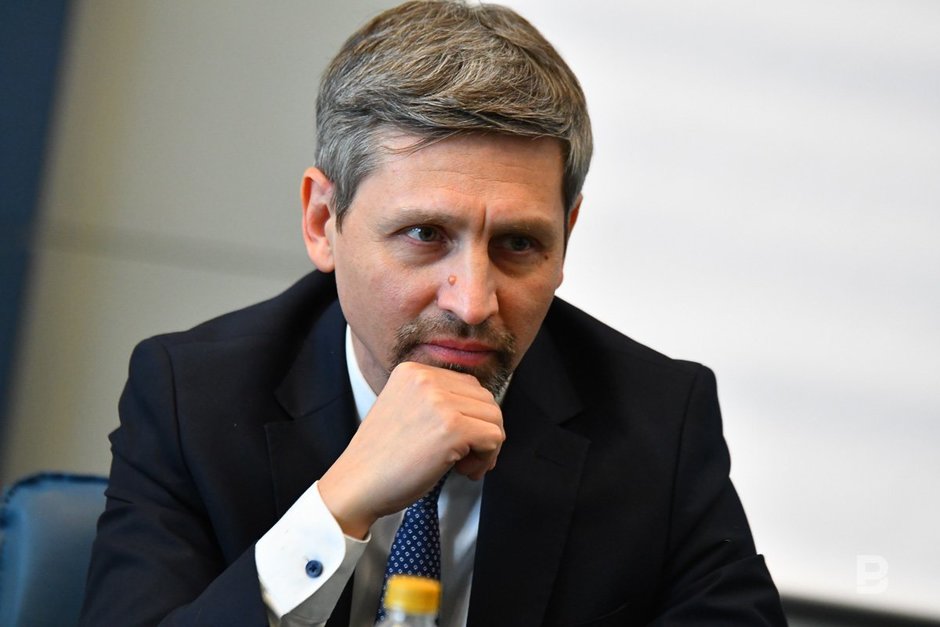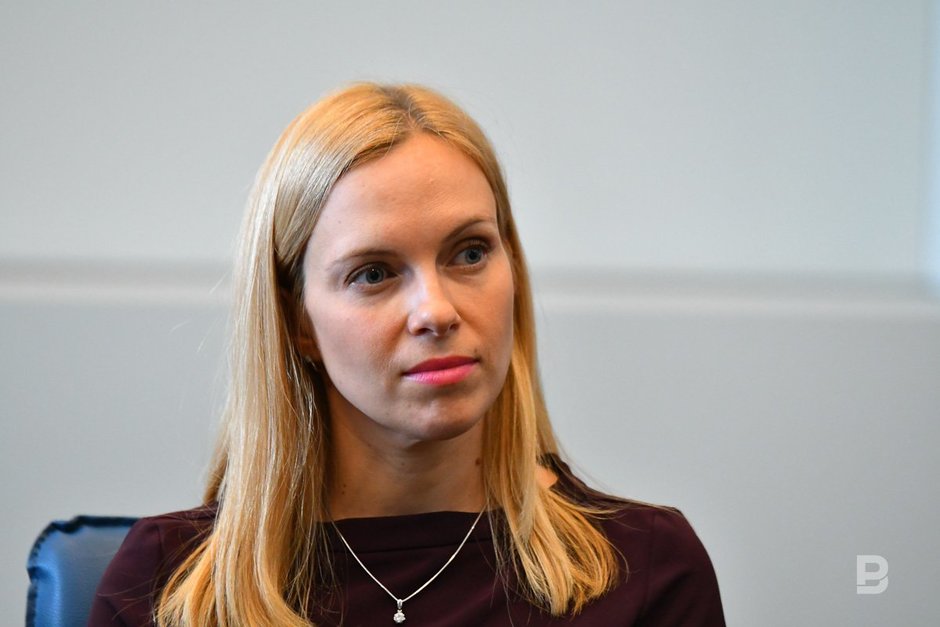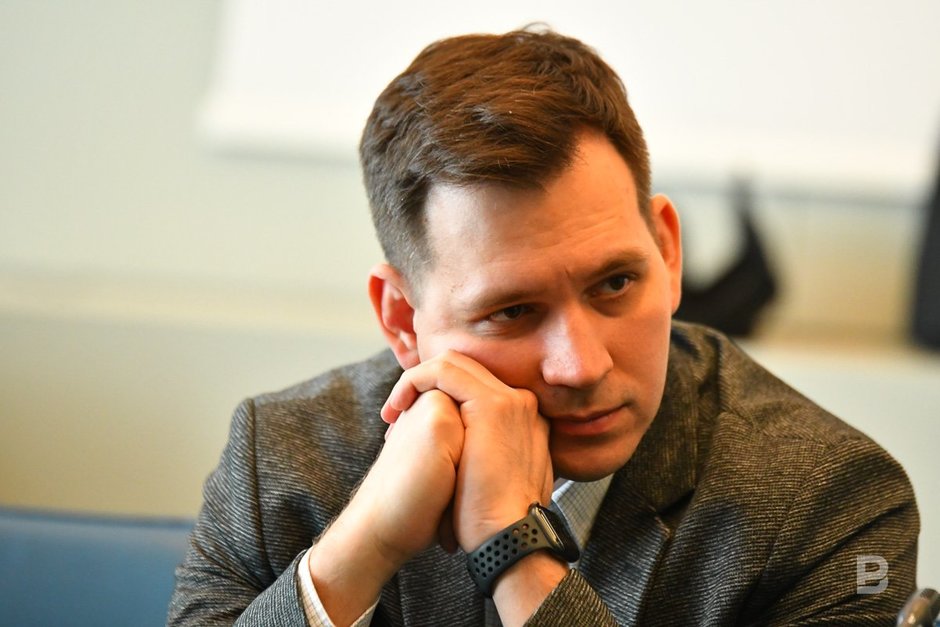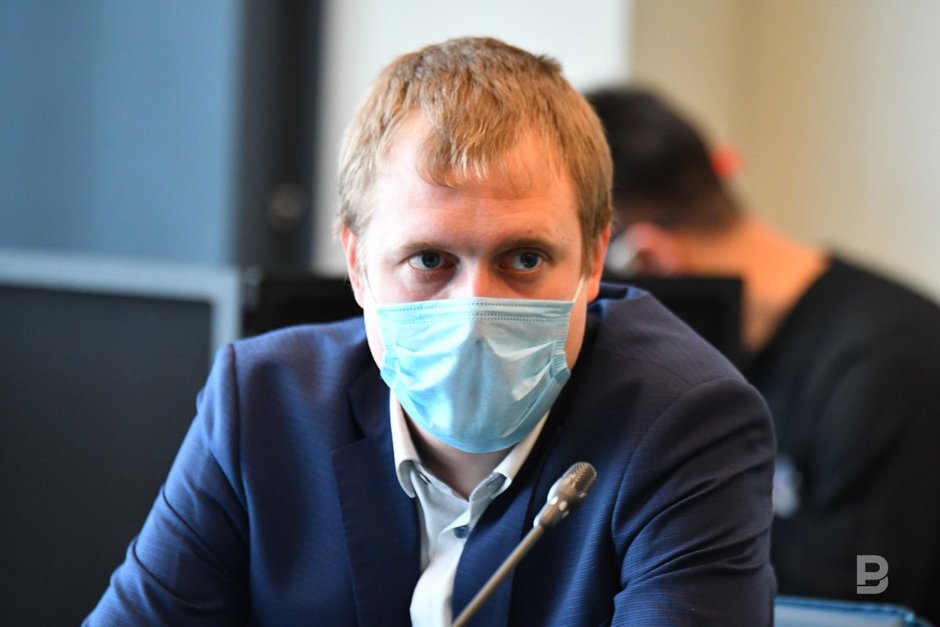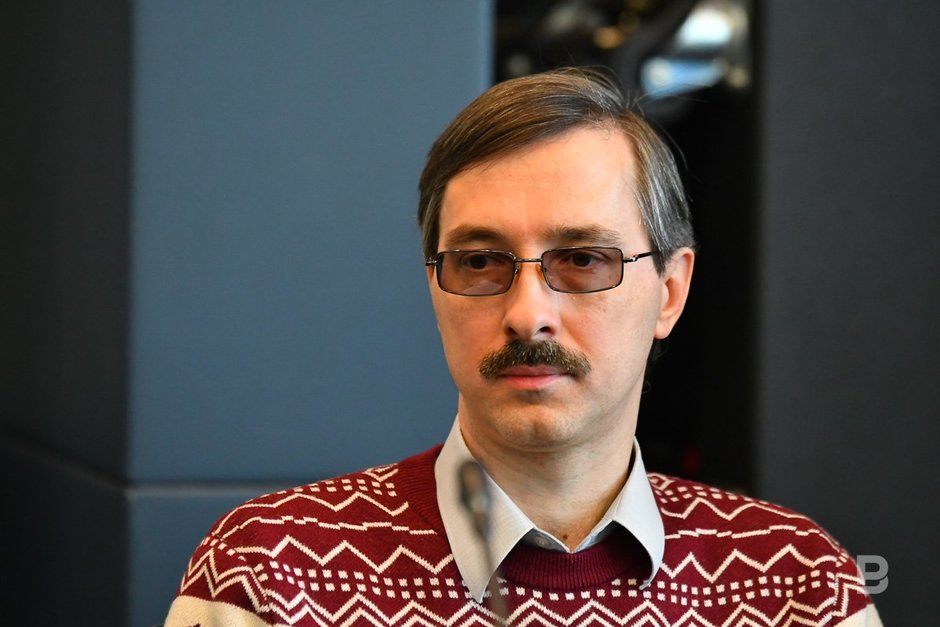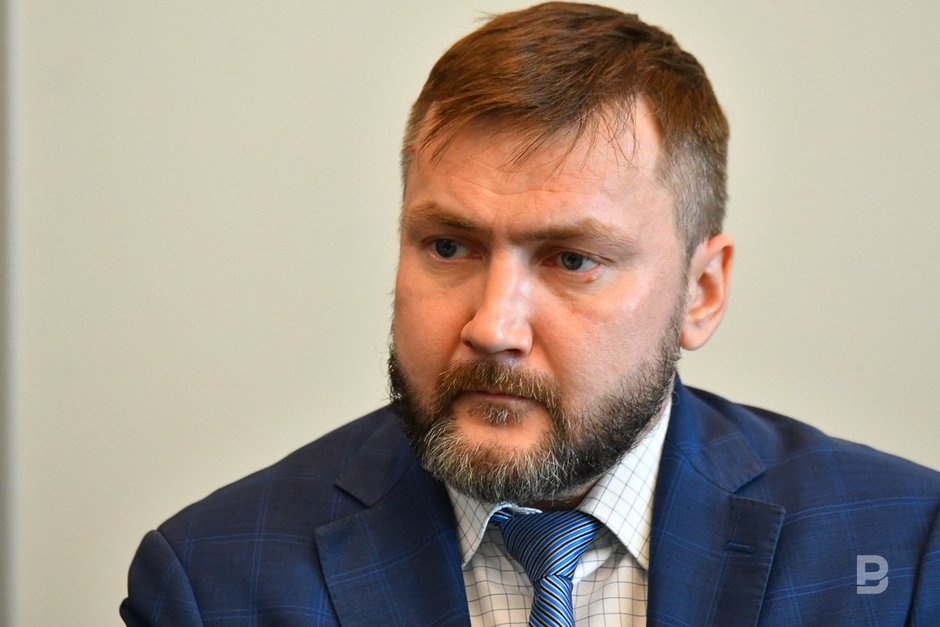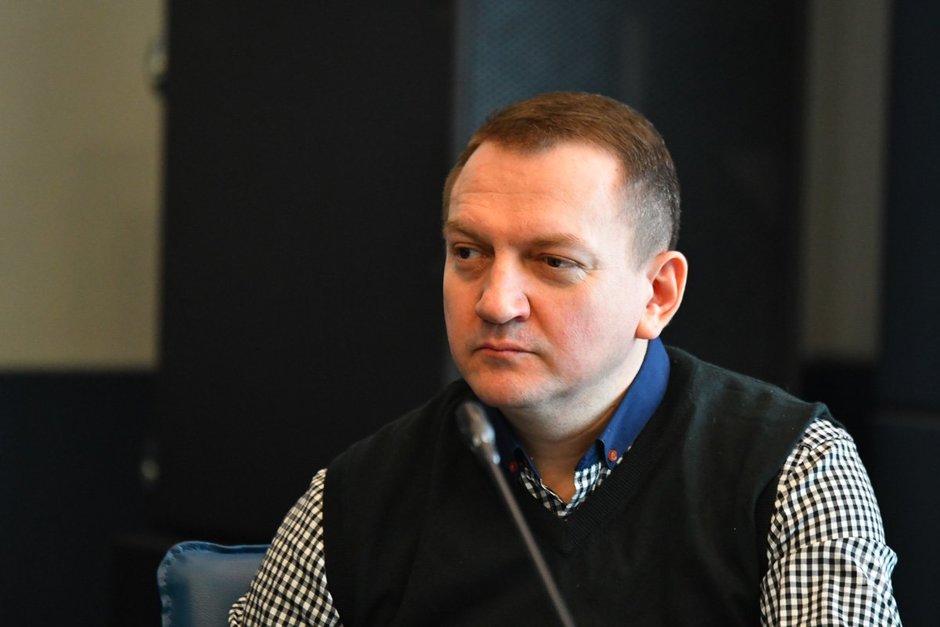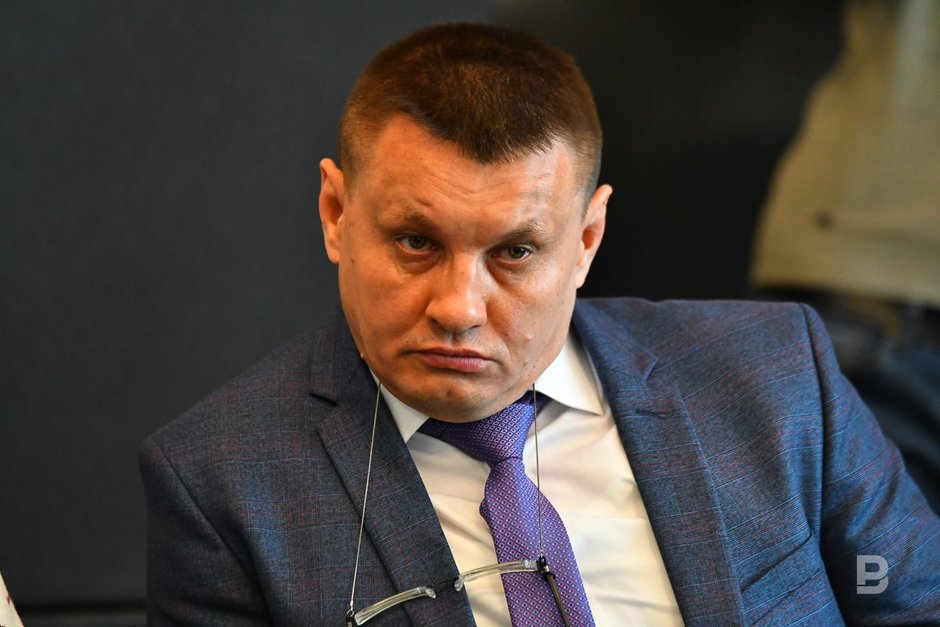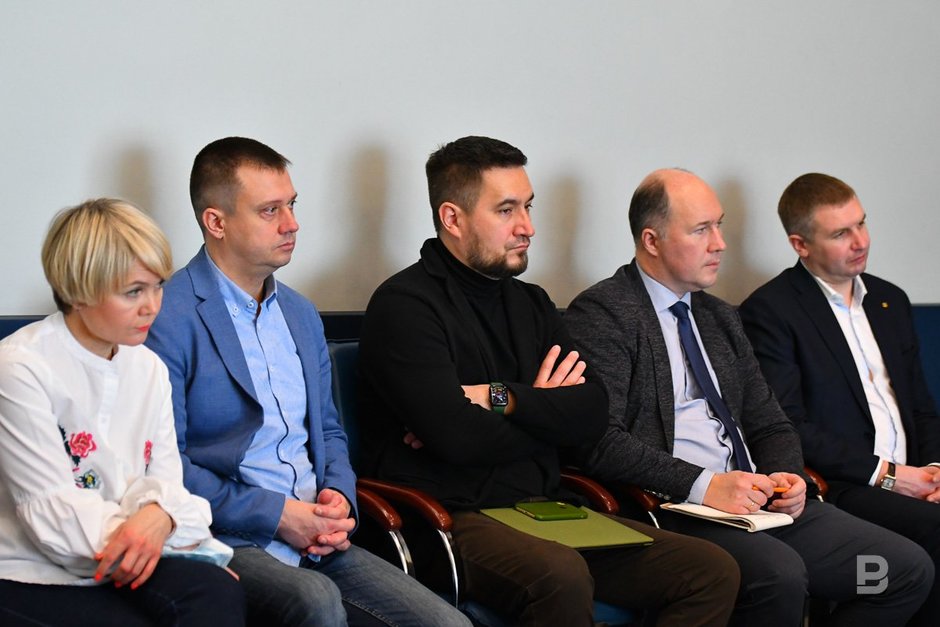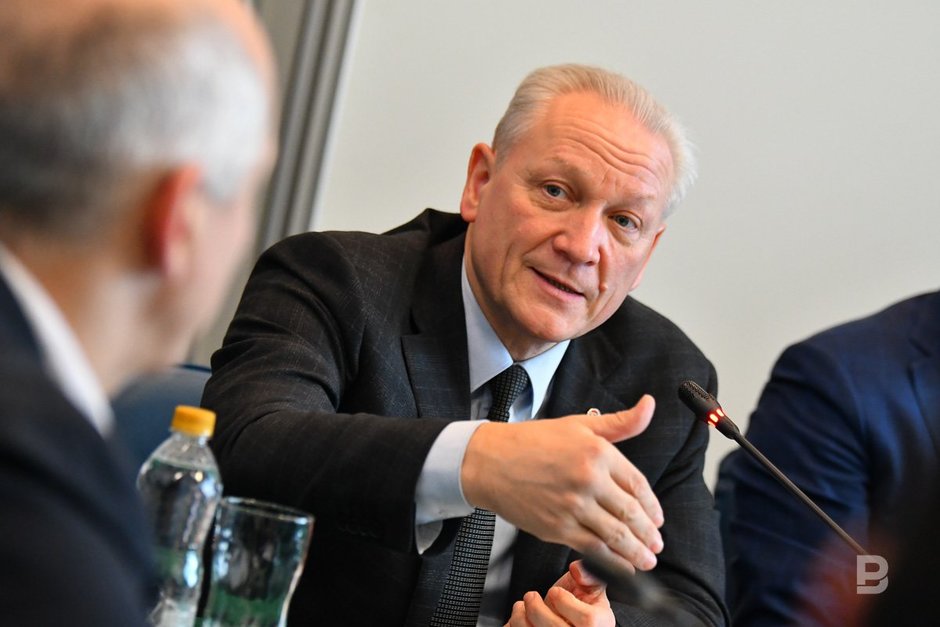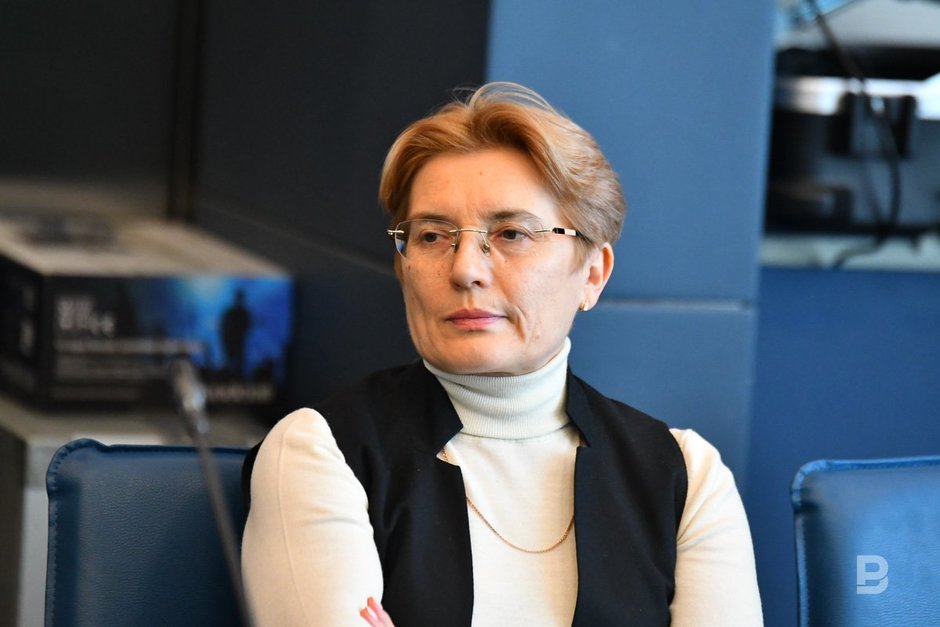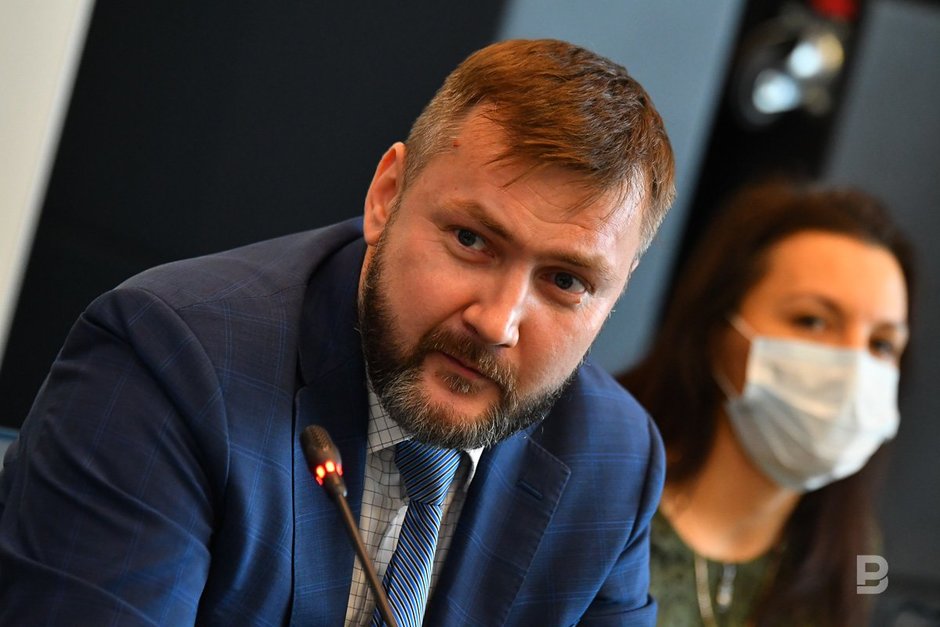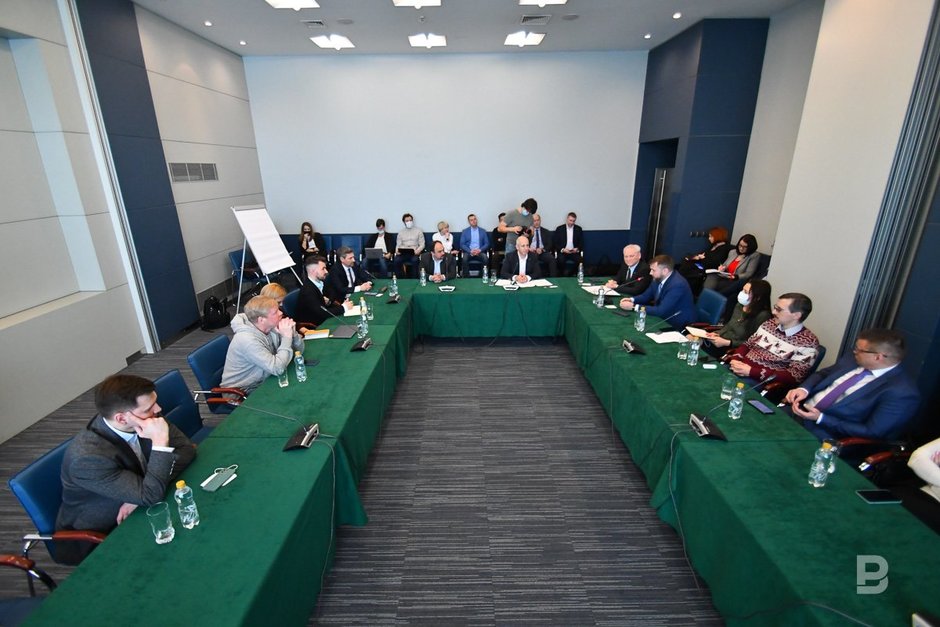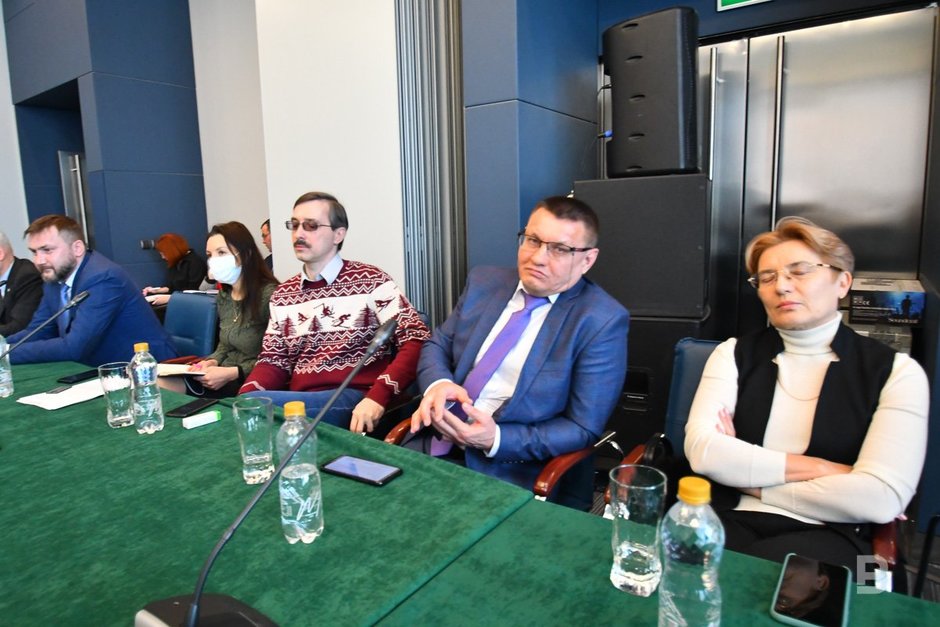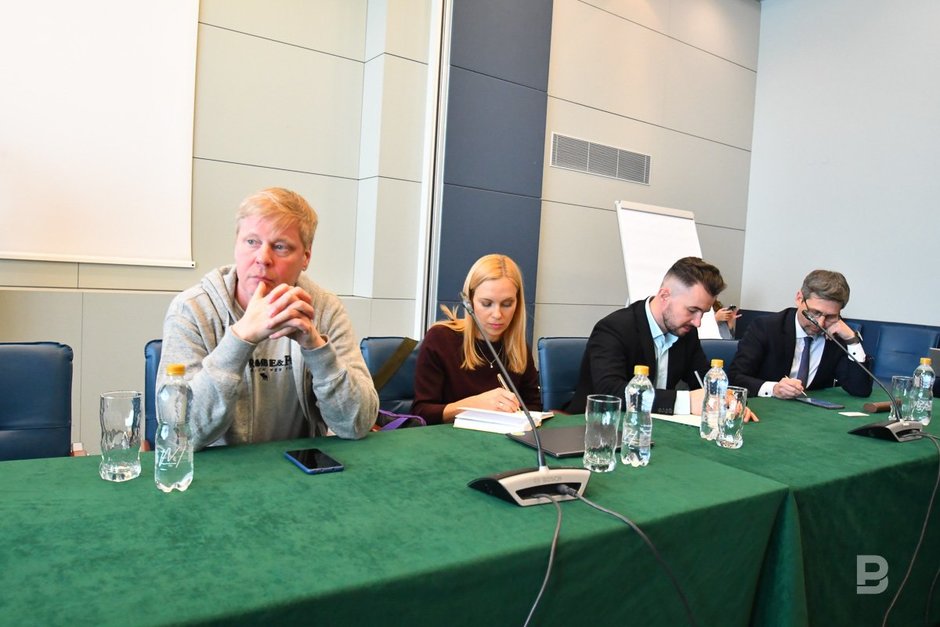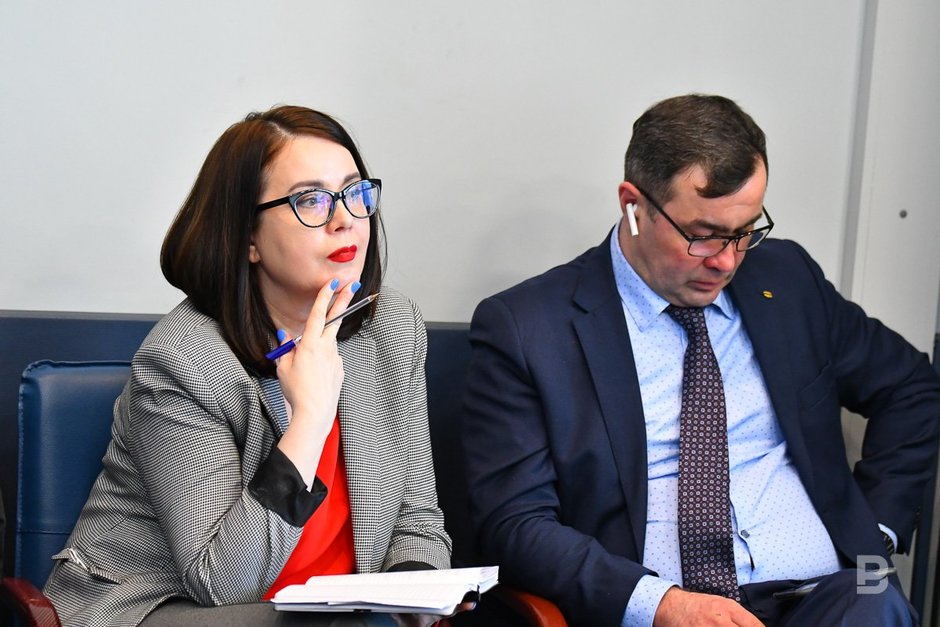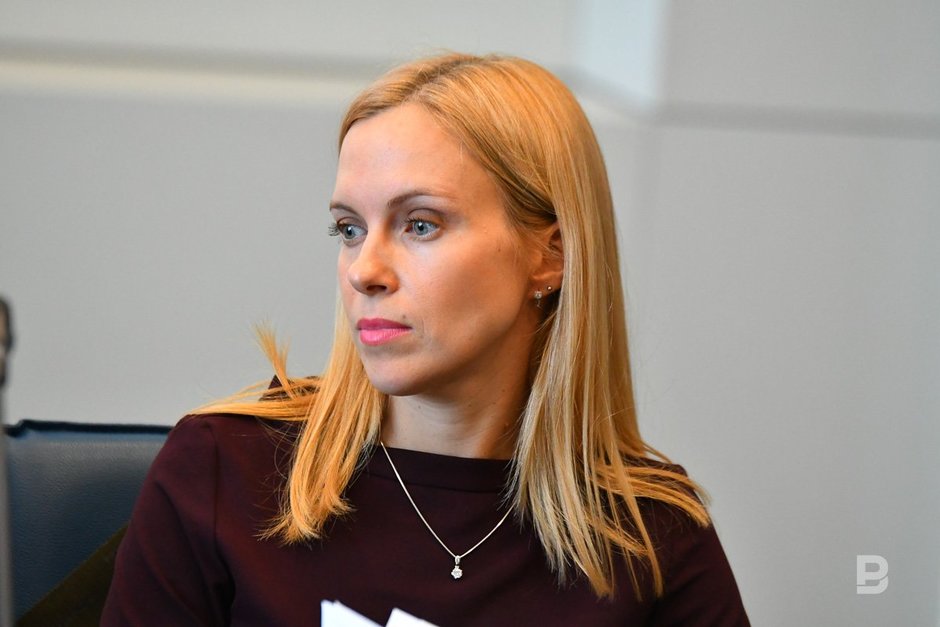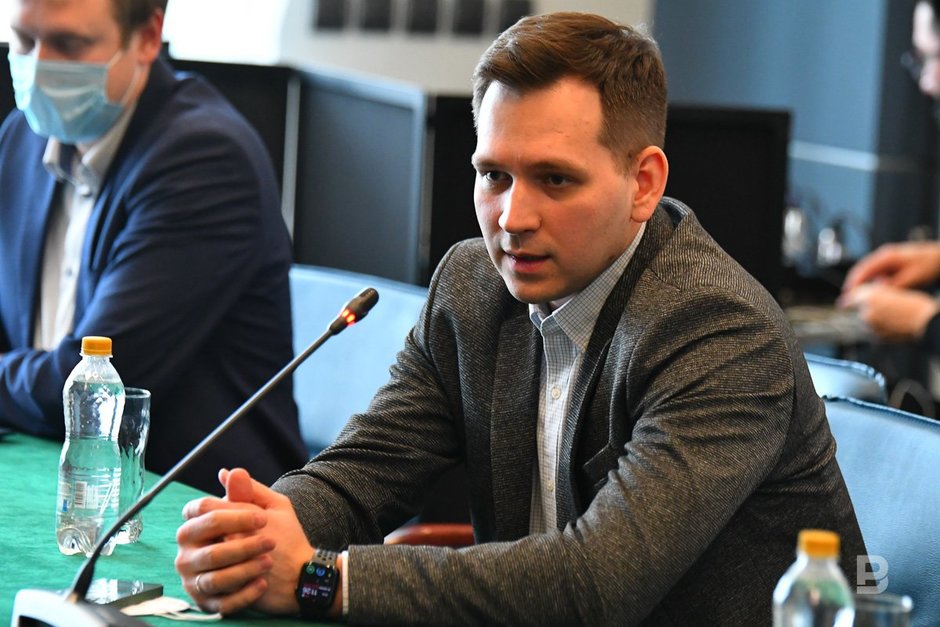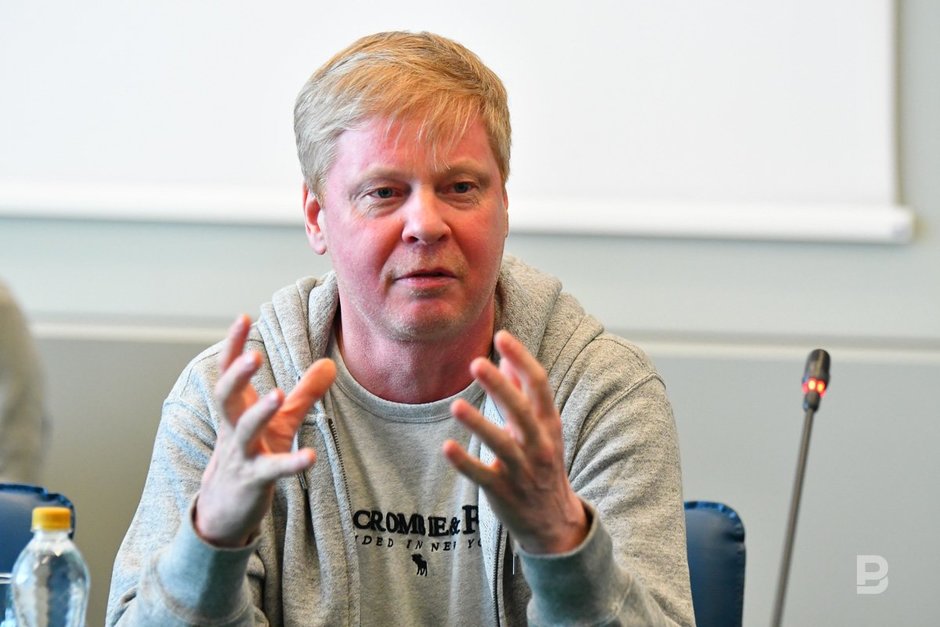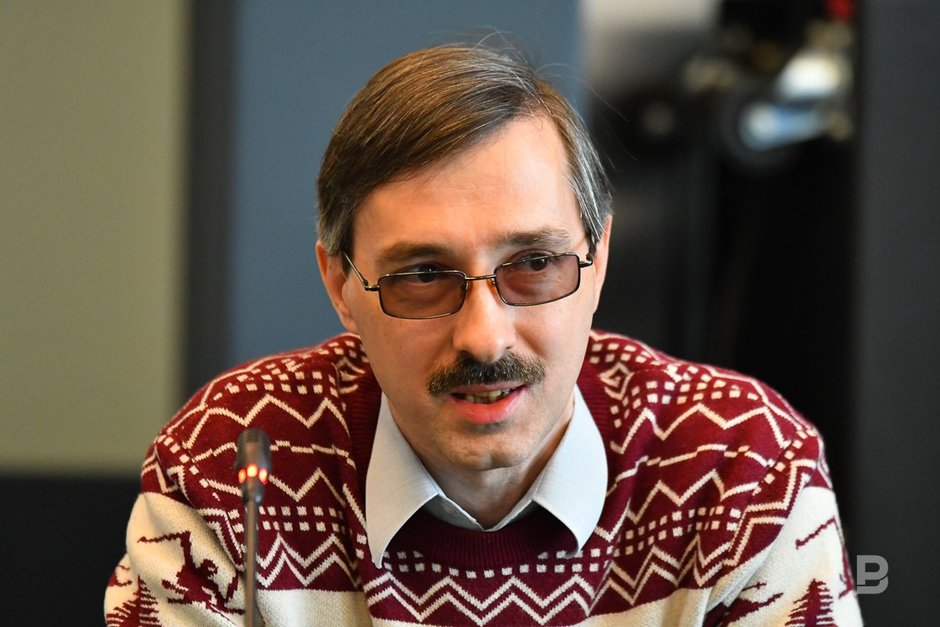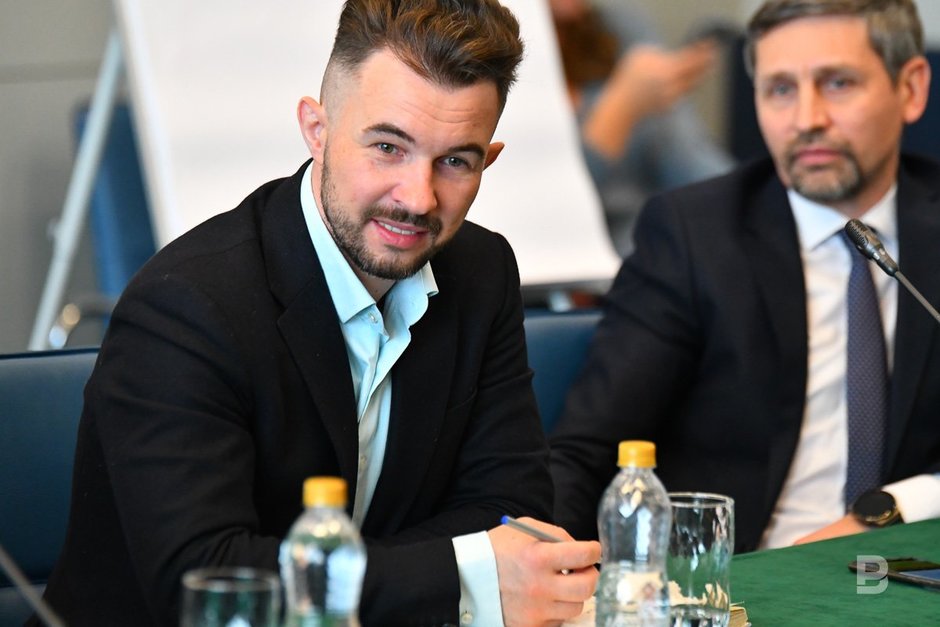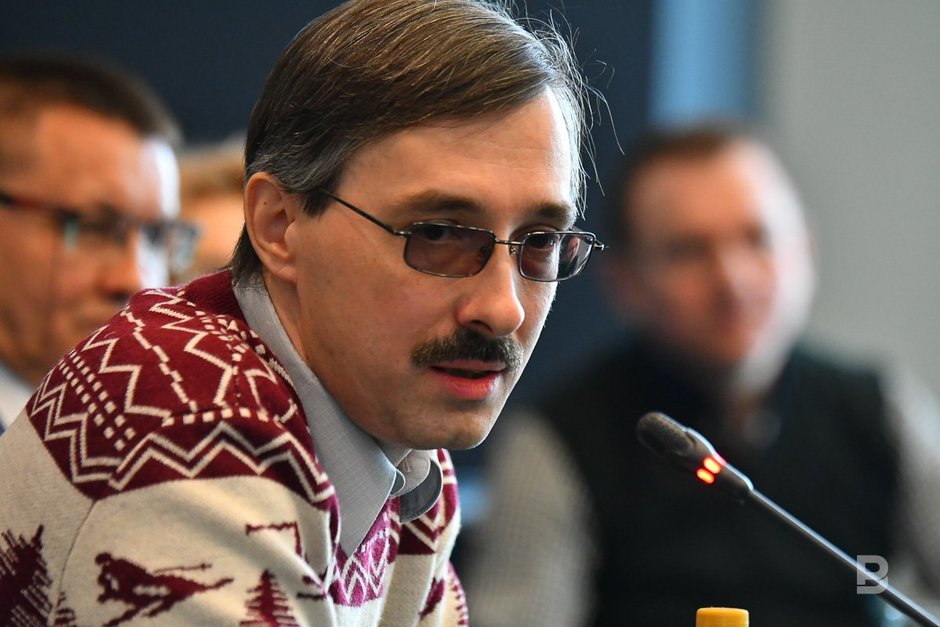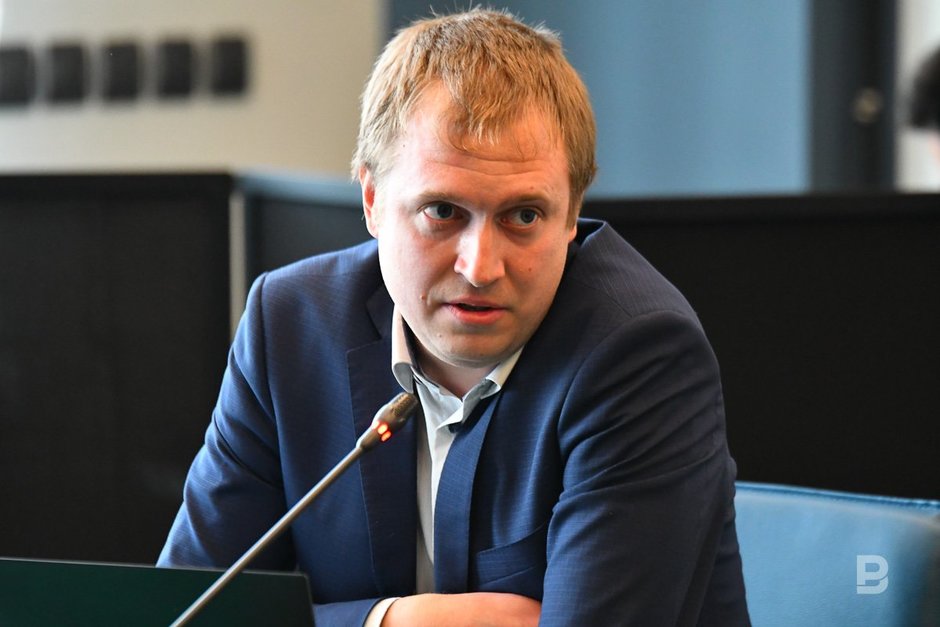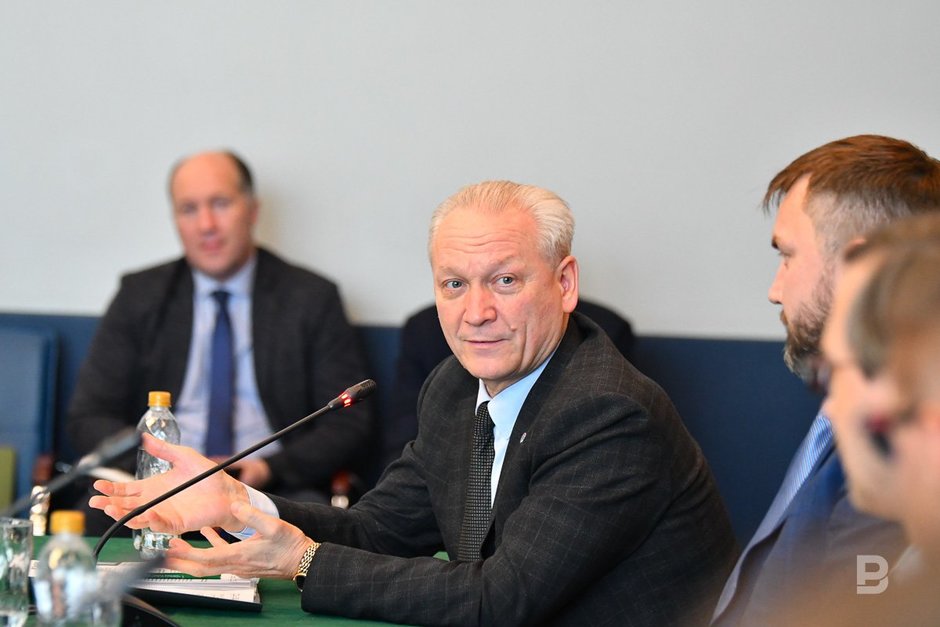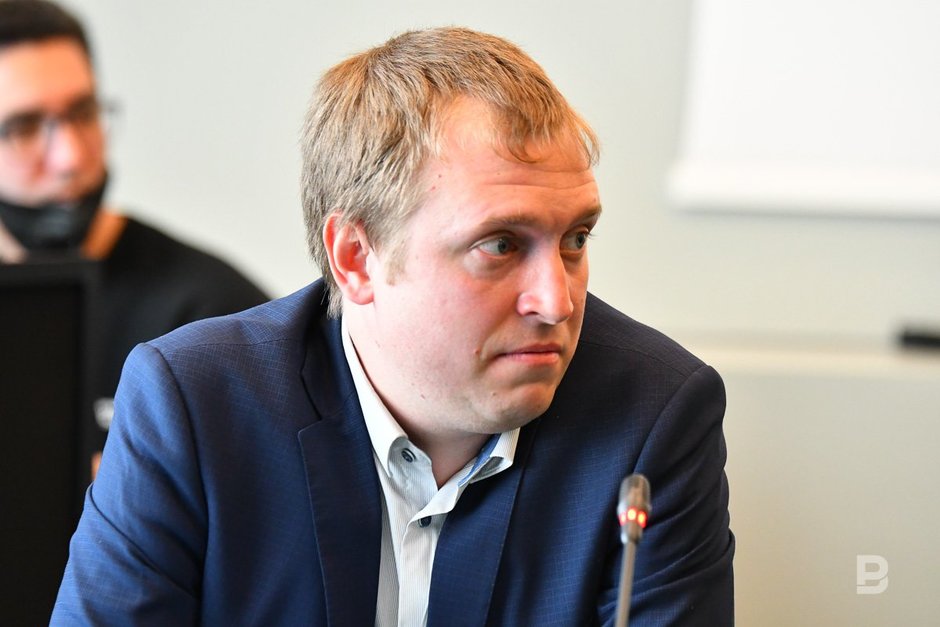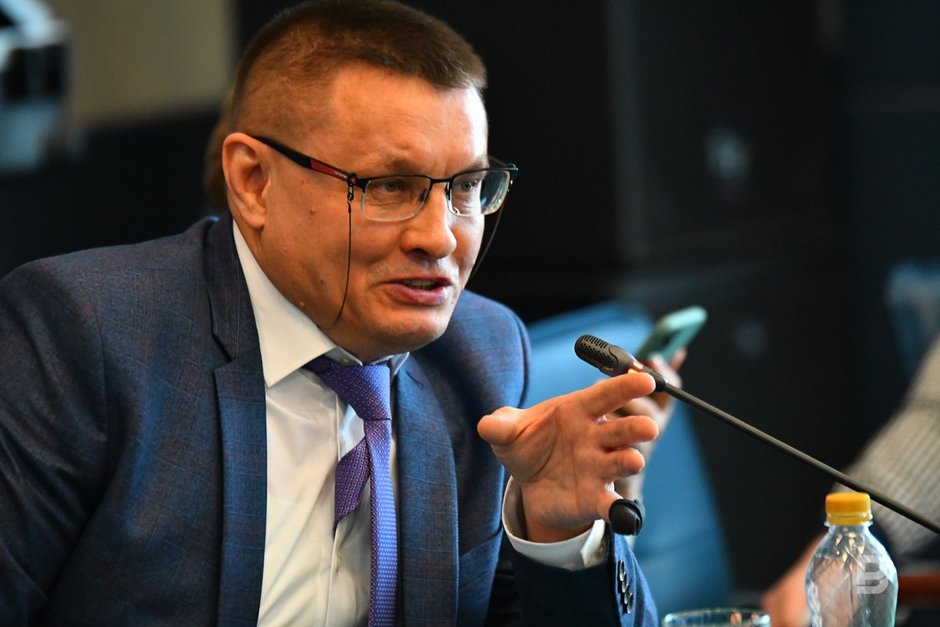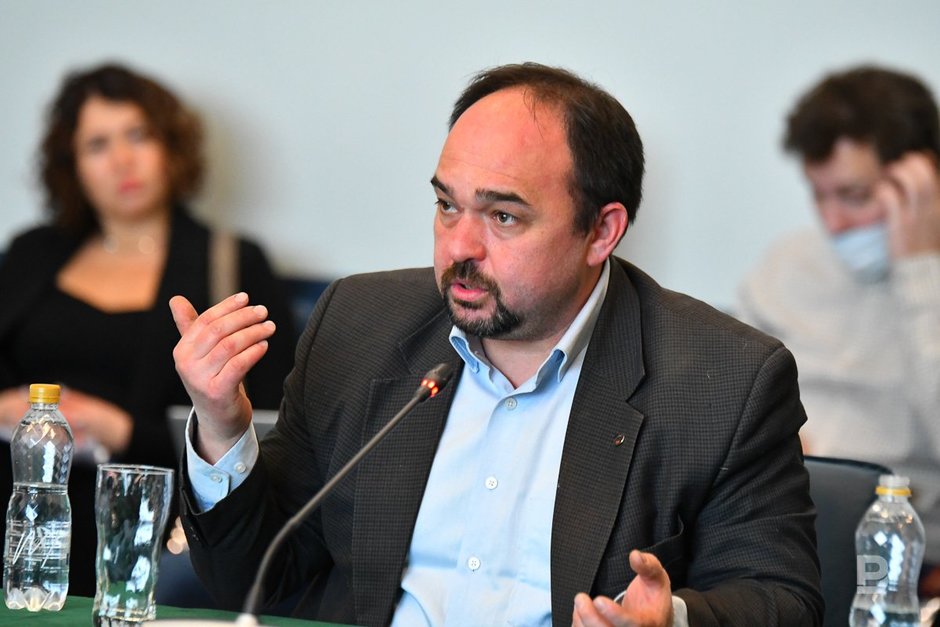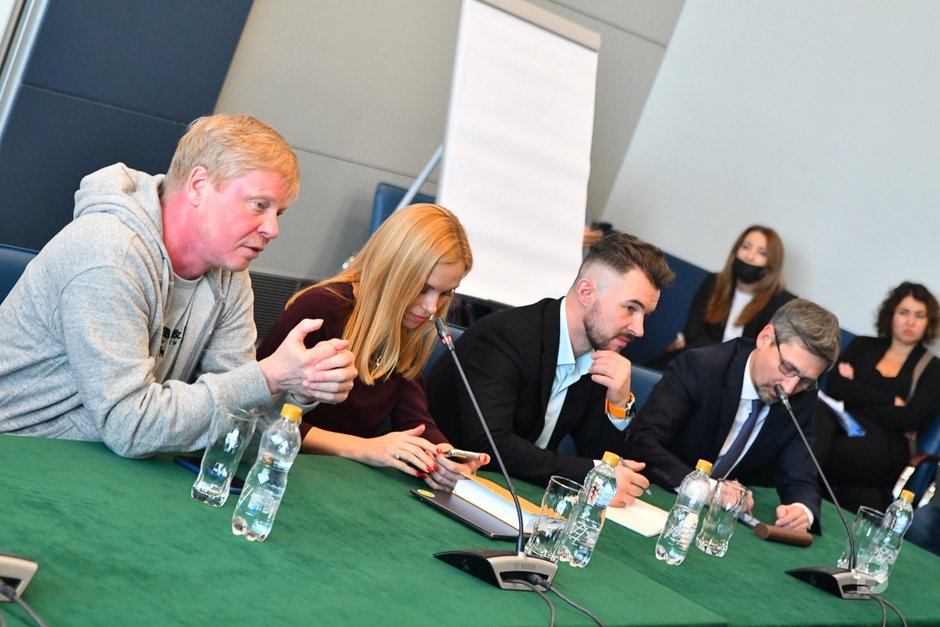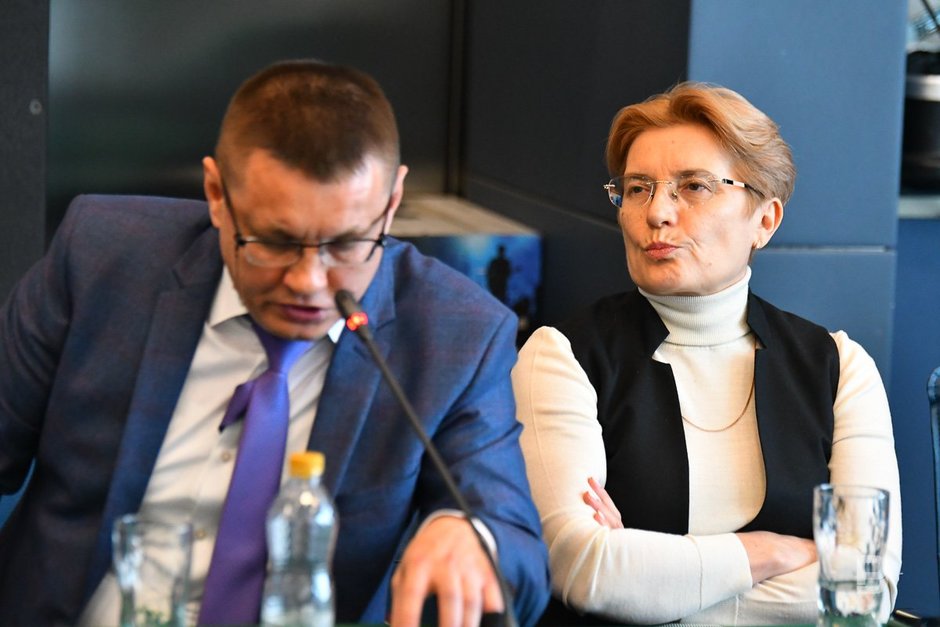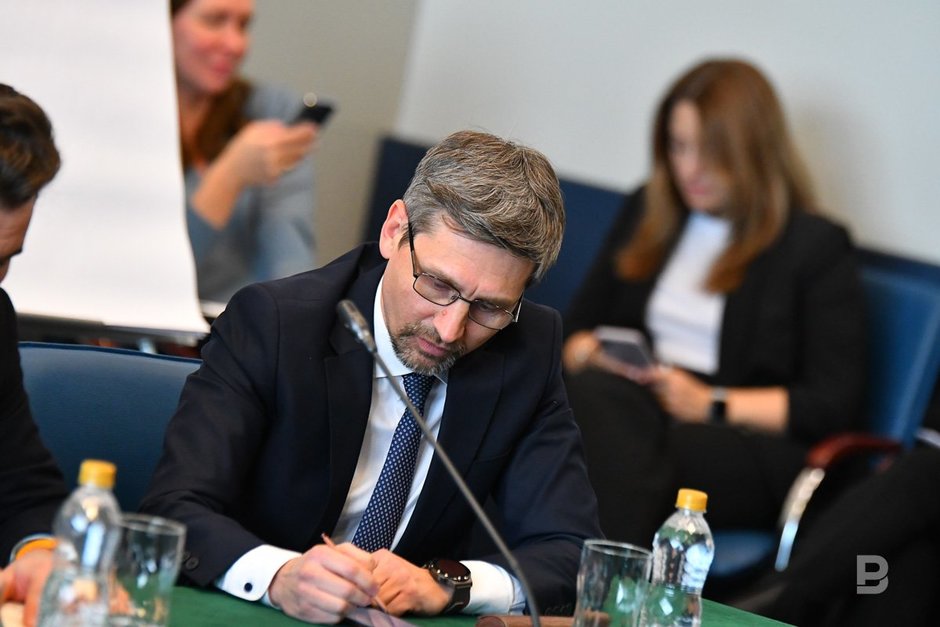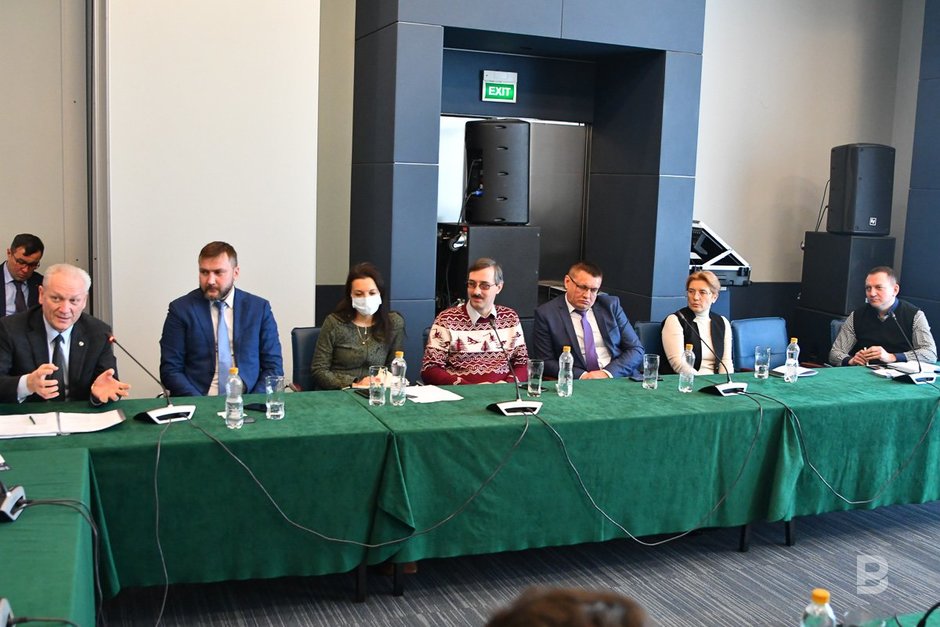'It is not yet time for digital transformation of machine-building enterprises'
Digitalisation of Tatarstan's industry is hampered by a lack of personnel, insufficient qualifications of managers, and economic issues
Everyone understands the concept of digitalisation in different ways, someone is not yet ready to completely break and rebuild the business processes of a huge production machine without seeing specific figures for the future benefits. But the main problem is to teach IT specialists to speak the same language with industry specialists. Such disappointing conclusions were reached by the participants of the round table discussion “Digitalisation of the industry — new opportunities for growth of the economy of the Republic of Tatarstan”, which was organised by COMNEWS Group. The meeting was moderated by Leonid Konik, the editor-in-chief of COMNEWS publications.
Tatarstan swing: between “fresh” and “conservative”
Among the participants of the round table discussion, there were representatives of the real industry sector (including the giants such as KAMAZ and KMPO), IT companies, and officials. Everyone had something to say, but the focus of attention was primarily on industrial enterprises. Their representatives briefly outlined what the tasks of digitalisation in the territory entrusted to them are today.
Perhaps, the freshest programme was presented by Eldar Shavaliev, the director of the Centre for Digital Transformation at KAMAZ PJSC. At this enterprise, the entire digital transformation is divided into two tasks — optimisation of the company's business processes and a new business model based on big data and self-driving cars.
KAMAZ is working on unmanned vehicles for a reason: they think about that the appearance of the car and the entire transport system will completely change on the horizon of the next 15-30 years. Therefore, since 2020, all cars manufactured at the enterprise are connected to the data collection network, thanks to which the technical “combat capability” of the machine is maintained and the tasks related to its maintenance are solved. KAMAZ also wants to switch from the model of car sales to the model of transport services in the near future.
“For us, digital transformation is moving into the future. We believe that unmanned vehicles will change the structure of transport companies in the future, and we will control the movement of unmanned vehicles. Therefore, the data that we are accumulating now will allow us to accumulate expertise in the field of transport management. We do this both in trucks and in passenger cars.”
The IT team of the enterprise is divided into two parts — service centre (servicing business processes: SAP systems, 1C, etc.) and digital product development team (digital logistics and similar technologies of the future). About 70 people work on this. Shavaliev mentioned that most of them came from Yandex and Sberbank, which, in his opinion, are a forge of IT personnel in Russia today.
Among the enterprises that have actively taken up digitalisation is KMPO JSC: here they create a digital twin of the enterprise, a very large resource is directed to engineering analysis and documentation digitisation. Expensive software is used for this, and constantly growing network of servers (big data requires large amounts of storage), and high-performance equipment. Of course, all this is not a cheap story.
Vladislav Kurlov, the deputy head of IT department at Tathimfarmparaty JSC, said that all digitalisation here has focused on the process of labelling products. And Vsevolod Shasherin, the director of digital technologies at Essen Production AG JSC, expressed the cautious position:
“Our company implements the most conservative strategy in the field of digitalisation. Labour productivity and the economy are at the forefront. If a digital solution does not increase the company's profit, then it is not worth implementing it yet. We need to wait for the next breakthrough to happen, then we can use the technology. For example, robots in industry: we need a robot to appear that will put products in a box in 5 seconds. But so far robotisation has not reached such a speed: robot cannot yet replace a person by the speed of operations. Therefore, we adhere to the conservative — traditional — position in a good sense of the word. This approach has its drawbacks: the problem of low-level personnel is an everyday pain in the neck for line managers. And this is a clear harbinger of a new economy in which sooner or later we will have to change people to robots. But for now we are waiting, and it justifies itself. As for office professionals, increasing volume of data collection, processing and analysis requires such qualities of personnel that are difficult to find in our region. As a colleague said, it would be great to have more graduates of Yandex and Sberbank, whom we can attract to work. We hope that they will come and carry out high-quality data processing, which is now accumulating a lot, and there is always a question of how to use them competently. We simply do not have enough professionals of the proper level.”
About personnel sore point again
It is not the first time the residents of Zakamye have talked about personnel problems. But if earlier their representatives complained about the total shortage of linear personnel in production, now they are voicing, perhaps, the common problem — the lack of IT specialists, which seems to be recorded all over Russia. It was not only Eldar Shavaliev who mentioned that Yandex and Sber provide almost all industries in Russia with newly-minted IT specialists through their training programmes. Perhaps, everyone agreed with this. Shavaliev said:
“The problem is that you can't put a graduate of, for example, School 21 alone in a team if you don't have a senior who is ready to lead this team. The main problem of Tatarstan and Zakamye is not a lack of smart young people, they are there. But, for example, there is no normal school of education in Naberezhnye Chelny. There are no teachers of the required level in Zakamye. And this is a problem, because people study only in companies. And we have to poach people from Sber and raise their salaries.”
Ramil Falyakhov, the commercial director of Volga Navigation Company PLC, objected that a shortage of specialists gives rise to a high price. And the companies themselves are to blame for that they do not want to invest in the development of IT specialists, preferring to simply hire ready-made ones. Vsevolod Shasherin objected to him — why should food production grow programmers if it is necessary to set up processes only once?
“We are a commercial enterprise, and our task, like any business, is to make a profit. We are a manufacturing company, our goal is to ensure uninterrupted food production. And we're good at that. But for non-core stories, we would like to find the necessary specialists — professionals who would strengthen our company in terms of digitalisation. They joined the team and stayed in it for a long time, grew and developed with us.
“I don't believe that it is higher education that will give us IT specialists”
It can be seen with the naked eye that new IT specialists in the labour market (in particular, in Tatarstan) will definitely not be taken from among the fresh graduates of universities. But if we are talking about digitalisation of the real sector, then the task of training specialists is further complicated.
Maria Obraztsova, the director of the Institute of Additional Education at Innopolis University, explained how her department is trying to solve the problem of the shortage of personnel needed for digital economy. Innopolis University has become a reference centre for training personnel for the digital transformation of real sector industries, and first of all, it is necessary to retrain teachers of Russian universities. Because there really is no one to teach students today. To be honest, the speaker herself doubts that universities will be able to meet the shortage of personnel:
“I don't believe that it is higher education that will give us IT specialists. And it is not necessary. Such specialist does not always have to have a specialised higher education. Yes, there are those who need fundamental specialised knowledge. But there is also a shortage of artisans for whom secondary vocational education is enough. A good 'javist' (a Java programme, — editor's note) can be trained at a vocational school. Forty percent of vacancies do not require specialised education at all — work experience is enough and links to completed projects.”
There is a large project at Innopolis University, within the framework of which, since 2019, non-IT specialists have been taught how to work with data. Among them, it is civil servants, employees of industrial enterprises and other companies. Because there is no need to talk about any digital transformation if the economy does not have a proper understanding of what data is and how to work with it.
They are also engaged in accelerated training and retraining of specialists here: for example, for one of the residents of Innopolis SEZ, a whole thousand frontend and backend developers were trained to order last year.
Finally, there is commercial training for top management of organisations. Because the leader must, first of all, understand what digital transformation is, and why he needs it at all, in what volumes. He should know at least a little about setting tasks (so that unscrupulous contractors do not impose a frankly unnecessary or non-working project on him) and, in principle, be sufficiently educated in the digital industry. The topic of digital competence of managers in general ran through the entire round table discussion like a golden thread. In this regard, Maria Obraztsova touches on another problem:
“The generation of IT specialists by itself will not solve the problems in terms of digital transformation of the industry either. Because when an IT specialist does not understand the industry, and an industry specialist cannot explain to him what is required of him, this is bad. That's when they can both agree — then everything will work out. An IT specialist should be immersed in industry specifics, and an industry specialist should be immersed in technology and understanding of development in order to avoid mistakes. Only then good projects will succeed!”
What is the digital transformation of an enterprise and is it necessary at all?
What is the digital transformation of an enterprise? As the participants of the round table discussion noted, each company puts its own meaning into this expression. For some, the digitalisation of one small sector is an occasion to announce a digital transformation. Someone wants to dump all the old systems from the steamship of modernity and arrange a digital transformation for the sake of digital transformation, without focusing on the pressing tasks. Vladislav Kurlov from Tathimfarmpreparaty asked his colleagues the global question: is it necessary to carry out digital transformation at enterprises at all? Does it make any practical sense? Maria Obraztsova says:
“There are cases when many things do not need to be touched at all. After all, as a rule, digital transformation destroys the usual production processes. And it's not always really necessary. Global transformation of an enterprise is a solution to pressing problems when everything needs to be changed urgently, otherwise everything will collapse. But if you just want to increase profits, overtake competitors — you need to calculate everything well: payback period and benefits.”
Ramil Falyakhov from the Volga Navigation Company agrees with his colleague: there are companies that do not make sense to carry out digitalisation without breaking all existing processes. “Otherwise, if we digitalise chaos, we will get digitalised chaos as a result.” Vsevolod Shasherin reasoned that the need to introduce certain processes is dictated solely by issues of economic benefit:
“Everything depends on the issues of economics and labour productivity. Practice shows that only one out of fifty digitalisation cases gets a “good economy”. It cannot be said at all about digital transformation whether it brings profit here and now. Individual cases bring it, and, in my opinion, they are worth doing. But for the vast majority of cases, the economic effect is negative or not tangible.”
As a result, they agreed: the customer should determine what is important to them. And the criterion for making a decision should be a calculated benefit, for example, a reduction in the number of employees in the enterprise. Sergey Mayorov, the chairman of the Management Board of the Machine-Building Cluster of the Republic of Tatarstan, told about how he visited the Ssang Young production and could not see employees in one of the workshops for a long time: only automatic lines.
“I ask: where are the people? The shop manager replied that only 15 people work here, including himself and his deputy. And as many as six welders (two in each shift). It just turned out that a person at this job is cheaper. So there is no need to robotise what does not need to be robotised! After all, everything can be calculated.”
But even those processes that can be calculated to increase efficiency are not always possible to implement. Vadim Gimatdinov, the director of Information Technology Department of TEMPO, complained that he would very much like to see machine vision in digitalisation market of the industry, with which a lot of problems can be solved. For example, video analysis of detail painting. Defects in the paintwork at most Russian production facilities today are manually checked by a controller under a bright light. But this issue can be easily solved with the help of video analytics and machine vision, which will show the problem points to the operator. And this is just one of the scenarios. But Gimatdinov shrugs his shoulders in surprise: he has not met a single adequate offer on the market, this is still a “wild field”...
What do representatives of the IT industry say?
Vladislav Yambulatov, the director of TESERA PLC, who represented the IT cluster at the meeting, described digital transformation as three types of processes: modernisation of management system, modernisation of technological processes, and the introduction of artificial intelligence into production processes. He gave an example of an interesting idea of such an introduction: to equip machines with sensors that assess their actual condition in order to perform maintenance not preventively, but when it is really necessary.
However, at the same time, it is necessary to separately attend to the issue of information protection, which in general is the cornerstone of the digital transformation of any enterprise. By the way, in this regard, many companies try to store their data on their own servers, but the process of purchasing them cannot continue indefinitely. Therefore, cloud storage and the security of their use from the point of view of data withdrawal to the side were discussed separately at the round table discussion. As a result, they came to the opinion that if you are afraid of wolves, don't get into the forest, and if you are afraid, you should become an operator of a cloud service yourself, like Yandex.Cloud.
The representatives of IT companies talked about successful and interesting cases of digitalisation — but also about unsuccessful ones. Sometimes clients abandoned a project halfway, and other times they quickly and painlessly created a complete digital production twin. Sometimes they were afraid to change the business model, and other times they created a bank from scratch, 90% of which employees are an IT department…
Yevgeny Kalashnikov, the commercial director of Beeline Business, said that digital transformation is inevitability:
“Of course, it is necessary. This is our current state. We must be prepared for what will happen next. New changes, new pandemic, new letters of the Greek alphabet… Therefore, of course, the introduction of digital changes in production is vital. And it can be anything. For example, from the point of view of new business processes — the same CRM. This may be the implementation of cloud solutions. It is necessary to think about the solution of individual problems and global transformation. Many large enterprises have already formed a digital policy. And the planning horizon here should be at least 3-5 years.”
Process will move forward when everyone starts speaking the same language
Ramilya Mukhitdinova, the deputy head of the analytical department of the Ministry of Industry and Trade of the Republic of Tatarstan, said that before transforming an enterprise, it is first necessary to transform its digital culture and get an impulse from the owner or manager:
“This impulse can only come from the top-down. Digital solutions are an expensive tool that should be used with maximum benefit. We need to use lean manufacturing tools, and then consider how to further improve efficiency and productivity — maybe robotise something and so on. But first of all, it is the transformation of the culture of the leader, who should direct this impulse from the top-down. Otherwise, the process will not 'take off'. Our experience of working with enterprises shows exactly this.”
Summarising the conversation, Sergey Mayorov expressed the general cautious point of view of representatives of his industry sector and pointed out the main problem of the digital transformation of the machine-building cluster:
“All digitalisation in the real sector boils down to real questions: how much should I invest and how much will I get from it? Today, it is not yet the time to enter into real engineering with the words “digital transformation”. The biggest problem here is the problem of training managers. Our manager is a decision-maker. And he hears these words somewhere. And he thinks, “Oh, I have an IT service! Maybe let them do it.” As a result, the IT service receives a certain order. And it is not clear what task they begin to solve. And this is the biggest problem: the qualifications of the manager and the qualifications of those people who should embody his decision. So far, the IT specialist and the industry specialist are talking in different languages. And further progress depends only on when we solve this problem.”



